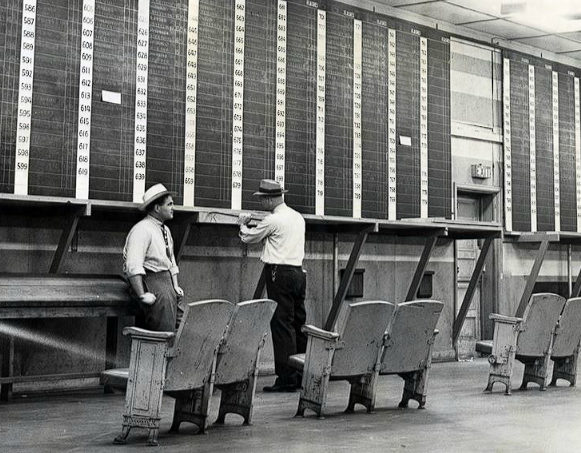The History of Sports Betting

Sports betting is a pastime that has evolved over centuries, adapting to cultural shifts, technological advancements, and changing legal landscapes. Understanding the history of sports betting can provide valuable insights into its current state and how bettors can navigate the modern betting landscape effectively. This article will explore the evolution of sports betting from its ancient origins to today’s online platforms.
Ancient Beginnings of Sports Betting
Prehistoric and Ancient Civilizations
The roots of sports betting can be traced back to ancient civilizations. Sports betting has existed in some form since humans began engaging in competitive sports.
- Ancient Greece and Rome: In these societies, betting on athletic competitions was commonplace. The ancient Olympic Games saw considerable wagers placed on various athletes and events. Alongside running competitions, chariot races were also major betting events.
- China: Around 2300 BC, the Chinese were believed to have been placing bets on various games that involved luck and skill. The practice eventually led to the creation of a lottery-based betting system.
Middle Ages to Early Modern Period
During the Middle Ages, sports betting evolved further, with an emerging focus on organized events.
- Horse Racing: By the 16th century, horse racing had become popular among the English nobility, paving the way for formal betting markets. The establishment of the first dedicated racecourses marked the beginnings of organized betting on horse races.
- First Betting Houses: In 1790, the first official betting house, known as the “Grosvenor,” opened in London. This innovation marked a significant shift from informal betting among friends to structured betting environments.

The Rise of Modern Sports Betting
19th Century: Formalization and Regulation
The 19th century was instrumental in shaping the modern sports betting industry.
- Legalization: The Betting Act of 1853 was introduced in England, regulating the operation of betting houses and helping to legitimize the practice. Various laws were established to curb illegal betting activities.
- Spread to the United States: Gambling on horses became widespread in the United States during the 19th century with the advent of tracks across the country. The 1837 Kentucky Derby emerged as a significant event, further popularizing this form of betting.
20th Century: The Boom of Sports Betting
The 20th century saw significant advancements, both in terms of technology and the regulatory environment surrounding sports betting.
- Las Vegas and Casino Betting: Following the legalization of betting in Nevada in 1931, Las Vegas evolved into the gambling capital of the world. Sports betting became a major draw for visitors, fueling the growth of sportsbooks.
- Television and Media: The rise of mass media and cable television in the latter half of the century played a crucial role in increasing the popularity of sports betting. Bettors were able to access games and events they could wager on easily.
Online Betting Revolution
The internet age heralded a new era for sports betting. The late 1990s and early 2000s saw a surge in online sportsbooks and betting exchanges.
- Convenience: Online betting platforms offered unprecedented convenience, allowing bettors to place wagers from their homes or on mobile devices.
- Globalization: The rise of international betting websites facilitated access to global sporting events, enabling bettors in different regions to wager on a wide range of sports.
The Modern Era of Sports Betting
Regulation Changes and Legalization
The landscape of sports betting underwent significant changes throughout the 2010s, particularly in the United States.
- Supreme Court Ruling: In 2018, the U.S. Supreme Court ruled to overturn the Professional and Amateur Sports Protection Act (PASPA), allowing each state to decide whether to legalize sports betting. This landmark decision led to a wave of states quickly moving to legalize sports betting within their jurisdictions.
- State Regulations: As of now, many states in the U.S. have legalized sports betting, allowing in-person and online wagering. This has further fueled the growth of the industry.
Technological Advancements
In recent years, technology has continued to shape the sports betting landscape.
- Mobile Betting Apps: The development of mobile applications has made betting more accessible, allowing users to place bets seamlessly from their smartphones.
- Live Betting: Bettors can now engage in live betting, allowing them to wager on events in real-time as they unfold, creating a more interactive experience.
Conclusion
The history of sports betting is a fascinating journey that reflects changes in culture, technology, and regulation over the centuries. From ancient civilizations to the modern era of online betting, sports betting has evolved into a multi-billion-dollar industry that continues to grow. As more states and countries embrace sports betting, the future promises even more innovations and opportunities for bettors worldwide.








